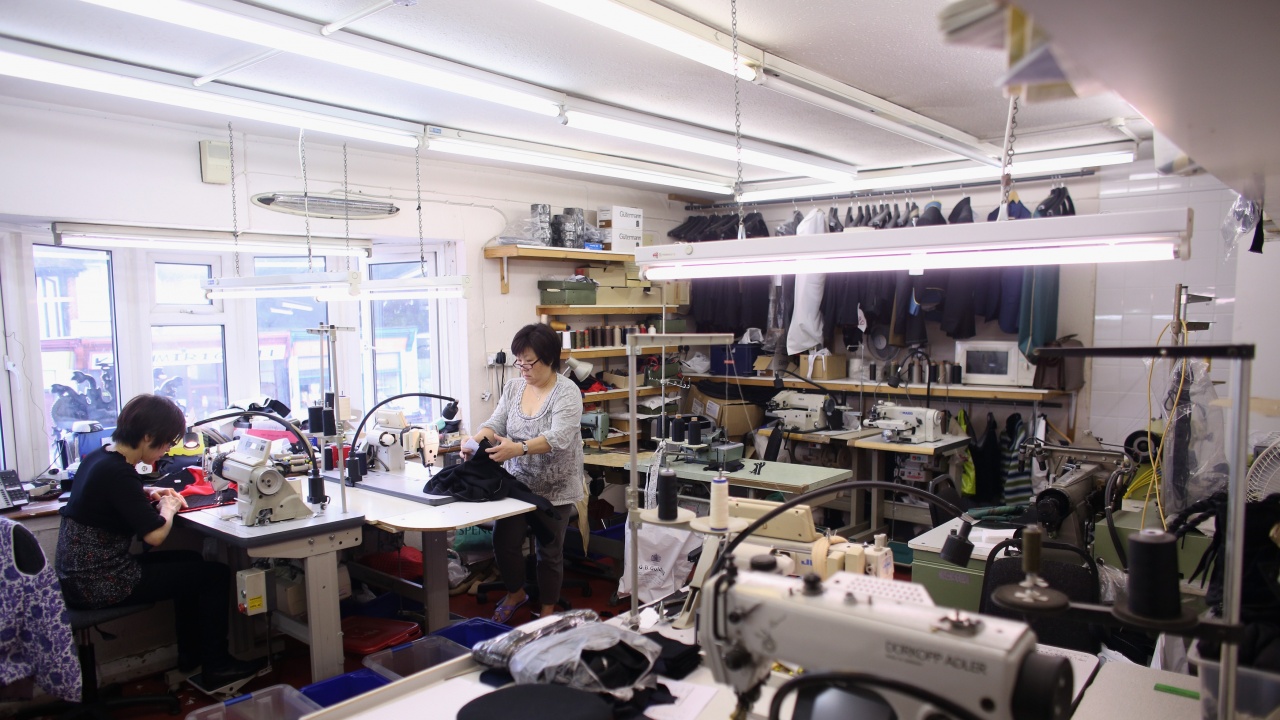Unemployment in our country is about 5%. This, it turns out, is extremely low because the labor pool is nearly depleted.
In this context, a study by the Employment Agency shows that next year Bulgarian companies will need more than 205,000 workers. This is about 6% more than in last year’s survey. Almost 46,000 companies intend to hire staff.
Here are some of the most sought-after specialists:
Tailors, chefs, bartenders, bricklayers and welders are among the professions that don’t require a degree, but employers need the most.
Doctors, nurses, and teachers are among the most sought-after employees with a college degree.
After the end of the restrictions due to the COVID-19 pandemic, the labor market in our country is gradually normalizing
“This number, which he says he will look for, is comparable to data for 2018-2019, when employment was at quite high levels,” Ivo Ivanov – head of “Analysis and Forecasts”, Employment Agency told BNT.
“We expected that there would be a recovery after this particular crisis was overcome – with the pandemic. If there were no other crises, surely things would have been even better,” said Antoaneta Katsarova – director of the vocational training center, BSK extension.
In 16 of the country’s 28 regions, the need for labor has increased several times. Plovdiv has even taken the place of Sofia and is the district where the largest number of workers will be hired next year. In one of the bicycle manufacturing companies they are ready to hire about 150 people.
“We are mainly looking for production personnel. Not such specialists and qualified personnel. And there we are experiencing the greatest difficulties at the moment, because the region is also extremely industrially represented,” said Nikolay Boyadzhiev, executive director of a bicycle manufacturing company.
There are many businesses and this intensifies the battle between them for every worker.
“We are struggling like everyone else in the region. In fact, there are many difficulties. But in the end, it all depends on the competition. Whether it’s a product issue or a personnel issue, says Nikolay Boyadzhiev.
In the districts of Vidin, Pleven and Yambol, the need for manpower has almost doubled compared to last year.
“Perhaps the impact of crisis factors is felt more in these areas,” believes Ivo Ivanov – Head of “Analysis and Forecasts”, Employment Agency.
“Energy costs have a big impact. Employers, feeling insecure, have no way to determine exactly what they need and what to invest in,” says Pavel Dodov, owner of a chain of outlets in Yambol and Sliven.
High inflation and the energy crisis have not yet hit the labor market.
“It will certainly have an impact. The hope is that this is not fatal, that it is not very serious and that it does not even harm the quality of life in the country,” says Antoaneta Katsarova, director of the vocational training centre, BSK.
Predictions are that the trend of rising incomes will continue next year. And according to the study by the Employment Agency, companies will need about 150,000 workers with secondary education in the next 3-5 years.
4295
6


